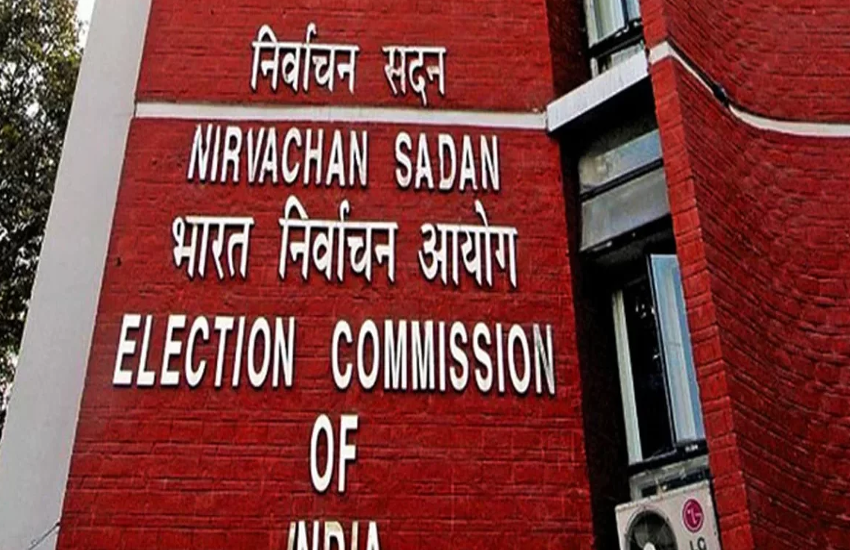There's a new test for Alzheimer's Disease - and it involves peanut butter

Alzheimer's disease is tough to diagnose. The onset is gradual. Brain scans are often inconclusive. And by the time the disease is confirmed, it is too late to arrest its progression.
One of the holy grails of Alzheimer's research has long been detection: how to find it early enough to make a difference.
Also read - Stop Pill: one course of antibiotics can mess with your gut for 12 months
Perhaps it is time to look beyond routine tests.
Perhaps at peanut butter.
Jennifer Stamps, a graduate student at Florida University, has devised what sounds like a farce: a peanut butter test to detect Alzheimer's disease.
And yet, it's nothing short of ingenious.
What exactly is Alzheimer's?
It's the most common form of dementia. Patients suffering from it experience short-term memory loss.
Alzheimer's often starts with minor episodes of forgetfulness and can steadily progress to a stage where the patient is unable to recognise friends and family. The disease is highly traumatic, for both patient and caregiver.
So feared is it that James Watson, the man who along with Francis Crick sequenced our DNA for the first time, asked for only one thing when he had his own DNA mapped: don't tell me if I have the gene that makes me susceptible to Alzheimer's.
Enter the Peanut Butter test
Jennifer Stamps recognised that the ability to smell is associated with the first cranial nerve or the olfactory nerve, which is basically responsible for our sense of smell.
And the first cranial nerve is, apparently, one of the first things to malfunction when a person's cognition is on the decline.
It struck Stamps, then, that if she asked people to smell a 'pure odorant' - something that is only detected by the olfactory nerve - she could assess whether their cognitive abilities were hampered.
Why peanut butter? Because she wanted something so inexpensive and accessible that it removed one of the significant challenges of Alzheimer's research.
Stamps collaborated with a behavioural neurologist from University of Florida's College of Medicine to devise the test. In it, she asked subjects to close their eyes and mouth and block one nostril. She then opened a peanut butter container and held a ruler next to the subject's open nostril.
Also read - Where the mind is without fear: why we need to talk about anxiety
Moving the peanut butter up the ruler 1 centimetre at a time, the subjects were asked to say when they smelled the peanut butter.
A measurement of the distance of the container to the nostril was taken. Ninety seconds later, the procedure was repeated on the other side.
Incredible results
The research yielded mindblowing results.
Patients in early stages of Alzheimer's disease were found to have a pretty dramatic difference in their ability to detect odour between their two nostrils.
In those with Alzheimer's the left nostril was impaired - they couldn't smell the peanut butter until the stuff was, on average, 10 centimetres closer to the nose than when the test was done on their right nostrils.
Interestingly, the results were not the same for patients with other types of dementia.
This could be a breakthrough
Obviously, more tests are needed before the test can be institutionalised - for the moment, Stamps and her collaborators are using the test to confirm diagnosis rather than predict it.
But the idea is to build up to that - to see if this test done on those with mild, early-stage cognitive impairment can accurately predict which of them are likely to get Alzheimer's going forward.
At the moment, the process of testing involves expensive brain scans and related tests - which doctors are loathe to prescribe unless they're fairly certain, and which many quite simply don't have access to.
Peanut butter, on the other hand, is rapidly becoming a pantry staple in even our country.
The scale of the Alzheimer's problem
All disease benefits from early diagnosis. In Alzheimer's it is virtually the only hope of living with normalcy - if it hits advanced stages, there's no real cure.
And the disease is on a shocking upward trajectory: data is available for the US, and shows that one American develops Alzheimer's every 68 seconds. By 2050, they're predicting this figure will become one every 33 seconds.
In India, there are over 50 lakh diagnosed dementia patients of which nearly 70-80% have Alzheimer's. The undiagnosed numbers - thanks to a combination of ignorance and absence of testing facilities easily - will be far higher.
The number is expected to double by 2030. Long before that, though, we can hope that opening a jar of peanut butter will bring us closer to a solution.
READ MORE - Sound debate: why the Mental Health Care Bill has divided psychiatrists







![BJP's Kapil Mishra recreates Shankar Mahadevan’s ‘Breathless’ song to highlight Delhi pollution [WATCH] BJP's Kapil Mishra recreates Shankar Mahadevan’s ‘Breathless’ song to highlight Delhi pollution [WATCH]](https://images.catchnews.com/upload/2022/11/03/kapil-mishra_240884_300x172.png)

![Anupam Kher shares pictures of his toned body on 67th birthday [MUST SEE] Anupam Kher shares pictures of his toned body on 67th birthday [MUST SEE]](https://images.catchnews.com/upload/2022/03/07/Anupam_kher_231145_300x172.jpg)






